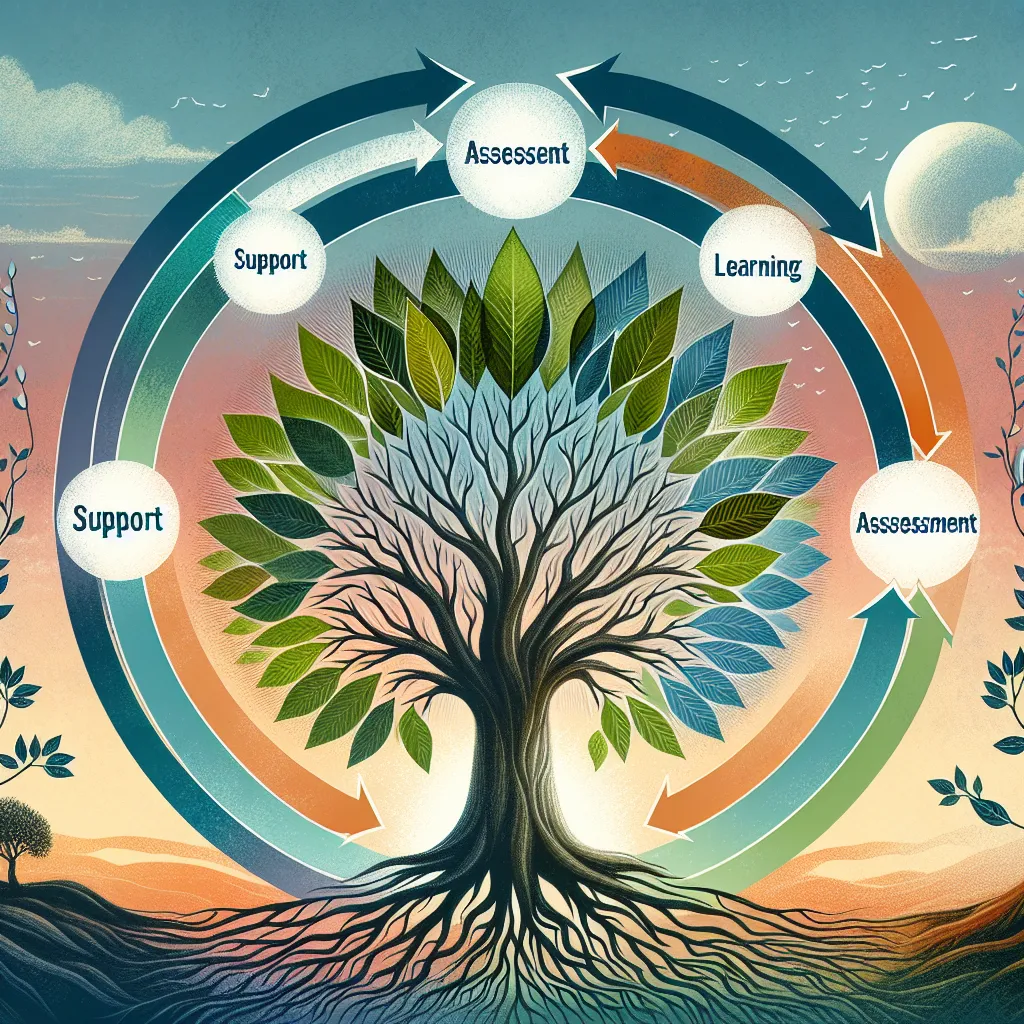Ask AI on The Internet
Question: There are varying views about the purposes of assessment. One view is that assessment aims to establish what the child has learnt and what the child has not learnt. Another view is that assessment should be used during the learning process to support the child’s learning. Argue or motivate why assessment is not only a tool for testing children’s learning, but also a tool to support learning
Assessment in education serves multiple purposes and goes beyond merely testing what a child has learned. Here are several reasons why assessment should be viewed as a multifaceted tool that also supports learning: ### 1. Formative Assessment **Continuous Feedback:** Formative assessment, such as quizzes, assignments, and classroom activities, provides ongoing feedback to both teachers and students. This feedback helps identify strengths and areas for improvement, allowing students to adjust their learning strategies and teachers to tailor their instruction accordingly. **Encourages a Growth Mindset:** By receiving regular feedback, students become more aware of their learning progress. This awareness can cultivate a growth mindset, where they see challenges as opportunities to improve rather than as insurmountable obstacles. ### 2. Diagnostic Assessment **Identifying Learning Needs:** Before beginning instruction, diagnostic assessments help in understanding the current level of a student's knowledge and skills. This understanding enables teachers to plan lessons that are appropriately challenging and supportive, ensuring all students can progress effectively from their starting points. ### 3. Instructional Planning **Tailoring Instruction:** Assessment data allows teachers to tailor their instruction to meet the diverse needs of their students. For example, if a significant proportion of the class is struggling with a particular concept, a teacher can revisit that concept using different teaching strategies. **Differentiated Learning:** Assessments can help in creating differentiated learning opportunities. For instance, students who grasp concepts quickly can be given more advanced materials, while those who need more time can receive additional support. ### 4. Motivation and Engagement **Setting Goals:** Assessment helps in setting short-term and long-term learning goals. When students achieve these goals, it can boost their confidence and motivation. Knowing that they will be assessed in various ways also encourages them to engage consistently with the material. **Active Involvement:** When assessment is integrated into the learning process, students become active participants in their learning journey. They can self-assess, reflect, and set personal learning objectives. ### 5. Informing Stakeholders **Communicating Progress:** Assessment results are valuable for communicating students' progress to parents, guardians, and other stakeholders. This communication ensures that everyone involved in the child's education is informed and can work together to support the student's learning. **Accountability:** Teachers and schools are held accountable for student learning through assessment data. This accountability helps ensure that educational standards are being met and that all students are receiving a quality education. ### 6. Developing Critical Skills **Self-Regulation:** Assessment helps students develop important self-regulation skills. They learn to monitor their own progress, identify when they need help, and use feedback to make adjustments to their learning strategies. **Critical Thinking:** By engaging with various forms of assessment, students develop critical thinking and problem-solving skills. They learn not just to recall information but to understand, analyze, and apply it in different contexts. ### Conclusion In conclusion, while assessment certainly plays a role in determining what a child has learned, its purposes and benefits extend far beyond this singular function. Assessment is an integral part of the learning process—providing a foundation for personalized instruction, motivating students, fostering a growth mindset, and developing critical lifelong learning skills. By adopting a holistic view of assessment, educators can create a more supportive and effective learning environment that caters to the varied needs of every student.
Think your answer is better than the AI's? Post it below.
Other Most Relevant Posts:
Question Tags
If you want your question answered by an AI, click here.







Post your own comment: